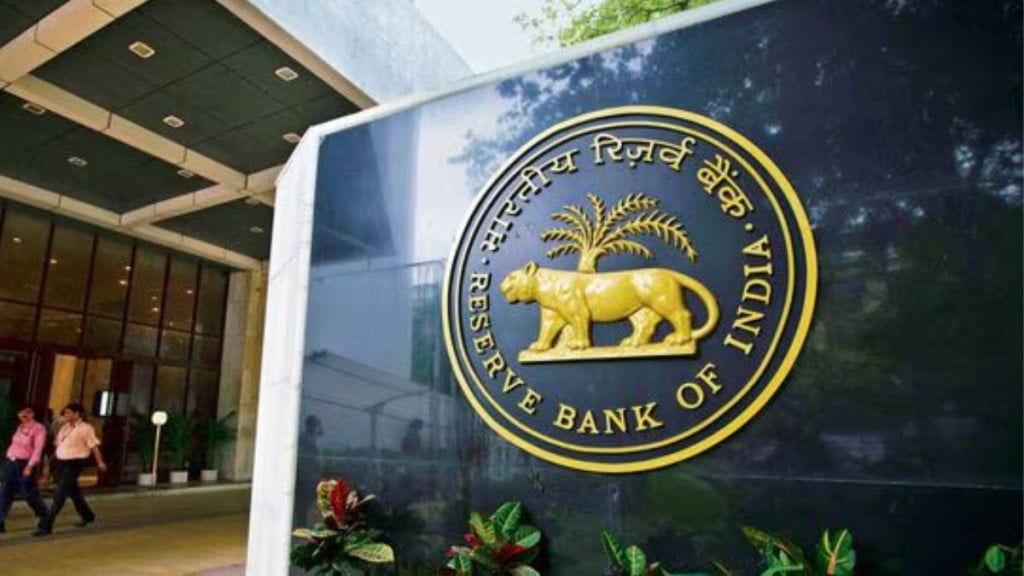Climate change has the potential to create shocks to the monetary stability, growth, financial stability, and the safety and soundness of regulated entities of a country, and it influences the action of central banks globally, Reserve Bank of India (RBI) deputy governor M Rajeshwar Rao said.
Delivering the J P Morgan India Leadership Series Lecture in Mumbai on Thursday, Rao said: “At times, there is a debate regarding the role of financial sector regulators, especially central banks vis-à-vis issues on the climate front. I, for one, do believe that there are clear linkages of climate events on growth and inflation — the two macro variables which most of the central banks are deeply concerned about,” he said.
Since the climate events impact the real sector and by extension bank’s exposure to these sectors, it has a direct bearing on risk management frameworks for banks and other financial institutions. Therefore, from both monetary policy as well as prudential policy perspectives, central banks will have a key role to play in the issues related to climate risks, the DG added.
Further, the RBI official said the country’s diverse topography generates a diverse set of risks with attendant challenges for growth and inflation. The agricultural sector, heavily reliant on monsoon rains, plays a critical role in India’s economy and food security.
The El Niño event of 2023-24 exemplified this vulnerability, leading to hotter summers, reduced productivity, inadequate monsoons affecting reservoir levels, and lower agricultural production. These factors have a cascading effect on inflation due to food price fluctuations.
India’s dependence on agriculture has a bearing on consumers’ spending patterns and resultantly impacts growth of the country at large. Accordingly, climate-related events adversely impact the credit quality and loan-repayment capabilities of the borrowers. “They can wipe out the assets created from institutional finance thereby impacting the health of financial institutions,” the DG said.
RBI DG also highlighted that the policy and regulatory frameworks must be developed on enhanced disclosure requirements, climate risk management practises, robust network of third-party verification of green credentials and impact assessment of projects to address greenwashing concerns and periodical stress testing as part of risk mitigation measures.

